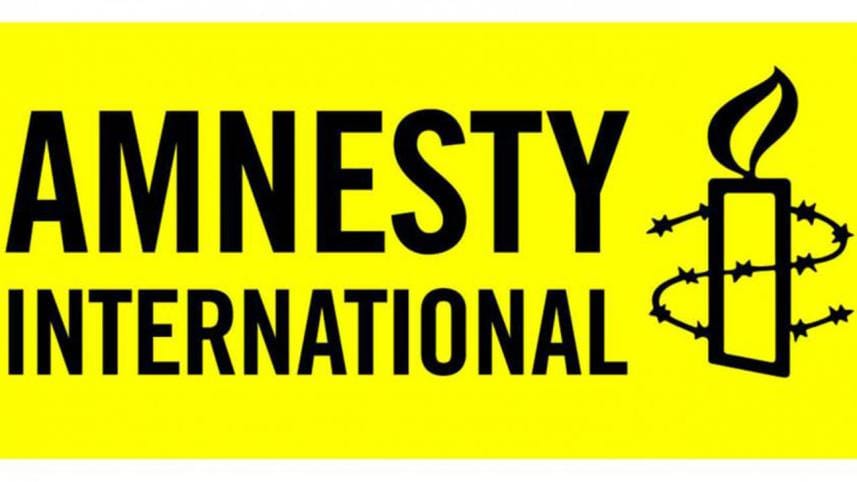Alleged Fund Violations: Indian police raid Amnesty Int'l office

Indian authorities have frozen the bank accounts of Amnesty International after a raid on its country office, the human rights watchdog said yesterday, accusing the government of treating rights groups "like criminal enterprises".
The Enforcement Directorate, India's financial crime investigating agency, searched Amnesty's Bengaluru office in southern India for 10 hours on Thursday on suspicion that it had violated foreign direct investment guidelines.
Prime Minister Narendra Modi's nationalist government has tightened surveillance on non-profit groups over the past four years, saying they act against India's interests. Thousands of foreign-funded groups have had licenses cancelled or suspended on charges such as misreporting of donations.
Amnesty, which regularly accuses India of human rights violations in the restive Himalayan region of Kashmir, said more than five officials from the Enforcement Directorate raided its office, ordered employees to stay put and searched their desks.
Employees were told to close their laptops and were not allowed to use their phones to call friends and families, Amnesty said, adding it fully cooperated.
"Government authorities are increasingly treating human rights organisations like criminal enterprises," Aakar Patel, executive director at Amnesty India, said in a statement.
"As an organisation committed to the rule of law, our operations in India have always conformed with our national regulations. The principles of transparency and accountability are at the heart of our work," he said.
A government spokesman did not reply to an email request for comment.
A source close to Amnesty said the group was considering legal action against the government for freezing the bank accounts, which could delay salaries and limit Amnesty's activities.
Enforcement Directorate spokesman A K Rawal said the investigation could take three months to complete, but he declined to comment further.
'MUZZLING DEMOCRATIC DISSENT'
Since Modi took office in 2014, India has cancelled the registration of nearly 15,000 non-governmental organisations under the Foreign Contribution Regulation Act (FCRA), according to the Ministry of Home Affairs.
Critics say the government has been using the foreign funding law as a tool to silence non-profit groups which have raised concerns about the social costs of India's rapid economic development or questioned its human rights record.
A Greenpeace India spokeswoman said the Amnesty raid "seems to be part of a larger design to muzzle democratic dissent in the country that began in 2014."
India cancelled Greenpeace's FCRA license in 2015. It was renewed in 2016 for five years, but cancelled again after three months. Greenpeace, which is challenging the decision in court, said it has been helped by thousands of Indian donors.
In neighbouring Pakistan, the government has ordered at least 18 international aid agencies, most of them working on human rights issues, to leave the country.



 For all latest news, follow The Daily Star's Google News channel.
For all latest news, follow The Daily Star's Google News channel.
Comments